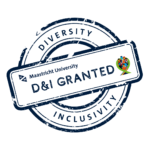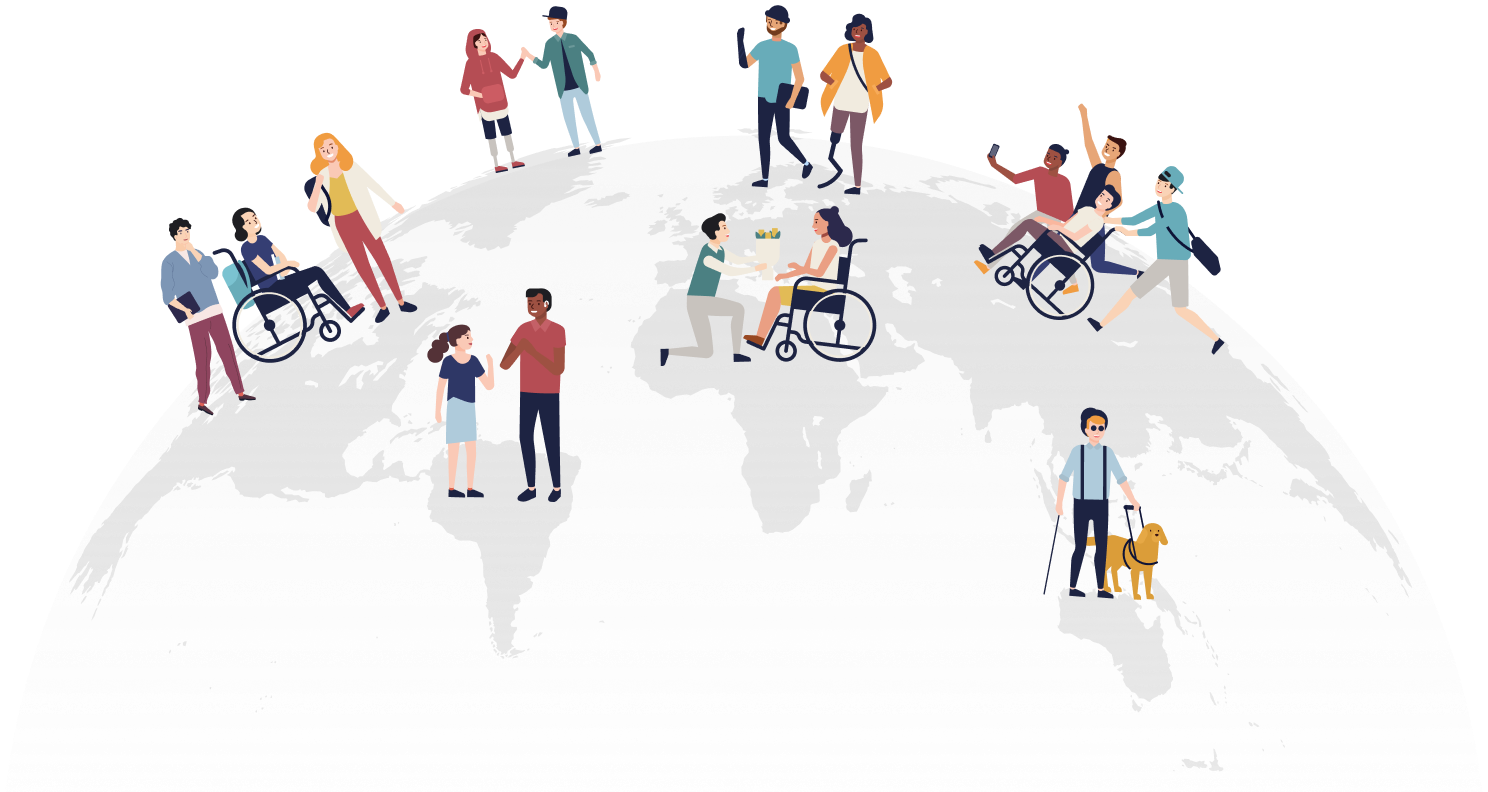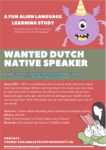Open and inclusive education
Maastricht University is fully committed to being inclusive. Making education easily available to anyone is a crucial part of that. In keeping up with the wider efforts of the Dutch government to increase accessibility, UM signed an official accessibility statement and installed the taskforce ‘Obstacle-free studying and working at UM’ to work towards enhancements for students and staff.
Do you know for instance that we pay attention to make all locations as accessible as possible? And that you can report your needs when encountering difficulties in making use of facilities on campus? At the University Library, we provide facilities for students who have special needs. We are also open for discussing specific support when students with disabilities start working on their thesis.
Project on digital accessibility

Since a large part of studying is focused on reading content – whether these concern readings (for instance e-books, articles) or teacher created material (think of videos, presentations or course books) – we will focus on selecting (a minimal set of) systems and tools to help students reading texts if this appears difficult.
Call to action
Tools you and your students can use
Although the project will hopefully lead to a better offer, there are already several tools available, which you can use to help students in their study. You can think about tools that transfer text to speech (e.g screen-readers), speech to text (like captioning Zoom-sessions you host for your tutorial group meetings) or accessibility checkers you can use to check documents or web content before sharing.
Note that we are in the middle of a process and will update these guidelines and tools on a regular basis.
Accessibility as a joint effort
We view accessibility as an ongoing and collaborative process. Without your input, we can only guess what works for you. So, feel invited to share your feedback; whether it is about problems you are encountering or suggestions for improvement.
Or join the UnliMited network that has been launched for and by students and employees with visible and/or invisible disabilities or chronical conditions.
We like to start the conversation with you to ‘clear the path’ for everyone at our university!



0 Comments